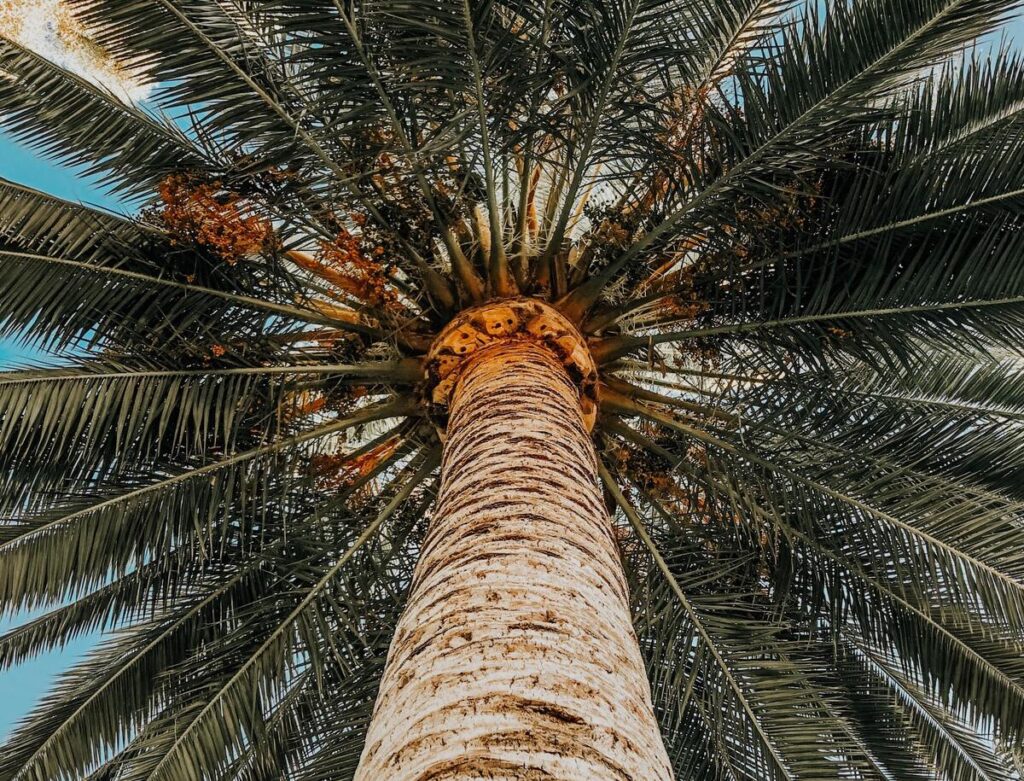There is no denying that living a sustainable life is a superior option, for it promises to saves the resources for the next generation. However, curtailing the use of a product under the influence of negative campaigns can be detrimental to the industry and the livelihood of people working there.
In recent days the campaign about the detrimental effect of palm oil production on rain forest is making rounds. With Malaysia producing 28% of the world’s palm oil, it is particular under the negative light.
The production of palm oil gives livelihood to 3 million smallholder farmers producing the crop. Thus, the crop is significantly contributing to the GDP and economy of the country.
The growing negative campaign premise on the fact that palm oil plantations are destroying the natural habitat of the wildlife. Thus, their life is in danger. However, in reality, Malaysia is working very responsibly to manage the balance between agriculture and wildlife.
On the contrary, the palm oil industry in Malaysia is backed by ninety years of sustainable practices. They also have a Malaysian Palm Oil Wildlife Conservation Fund established by the Malaysian Palm Oil Council (MPOC). The fund started with initial funding of RM20million, half of which was the contribution of the Malaysian government.
The council further funds the Wildlife Rescue Unit, which quickly responds to any animal getting hurt. For instance, in 2019, the unit rescued 27 elephants and, after a veterinarian examination, were relocated into Sabah’s forest reserves.
Around 50% of the land in Malaysia is protected forests. Additionally, the plantations run by small family farmers are working to conserve wildlife. Some of them have already opened dedicated corridors and create riparian reserves so the elephants can move freely. In the state of Sabah, WWF is helping the development of these corridors, promoting the coexistence of wildlife with plantations.
Unlike the negative public campaigns, the sustainable production of palm is healthy for the environment. Palm oil is the highest yielding crop among all the edible oilseed vegetations. It only uses 10 percent of the total vegetable oil seed-producing land but meets 35% of vegetable oil needs globally.
Similarly, the palm oil plantations in Malaysia are helping to meet the food nesting requirement of the elephants. For instance, according to HUTAN Orang-utan Research Unit, the Borneo elephants use the plantation to move between the fragments. Additionally, they feed on eat trunks of ‘chipped’ old palm trees and use oil palm plantations for nesting.
The government in various states of Malaysia, such as in Sabah, is already committed to certifying all its palm oil to certification standards. It implies that the palm oil you use is already sustainable and causing no harm to other species.
Final thoughts
Shifting from palm oil to others under the influence of negative campaigns will not solve the problem. Instead, it will put more burden on the planet, for the world will look for fewer yielding alternatives to meet edible oil demand.
On the contrary, using palm oil means less deforestation. Additionally, oil palms do not require reseeding and replanting every year, unlike other alternatives.
Finally, stringent rules of conservation followed by the world’s second-largest palm oil producer save the rain forest by using palm oil instead of avoiding it.
The biggest reason behind it that sustainable production of palm oil requires the farmers to be well-versed in the know-how of conservation and maintaining the balance.
